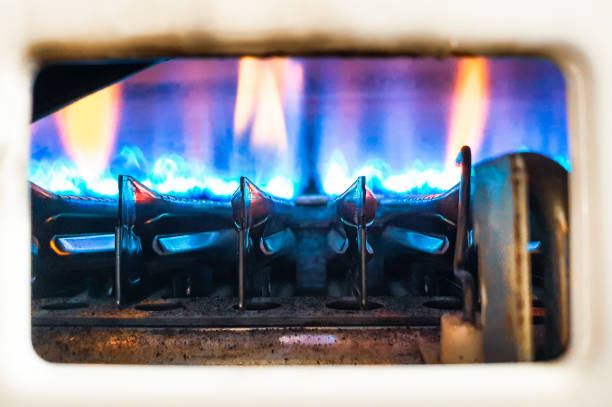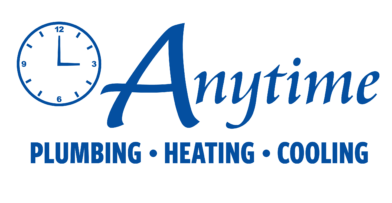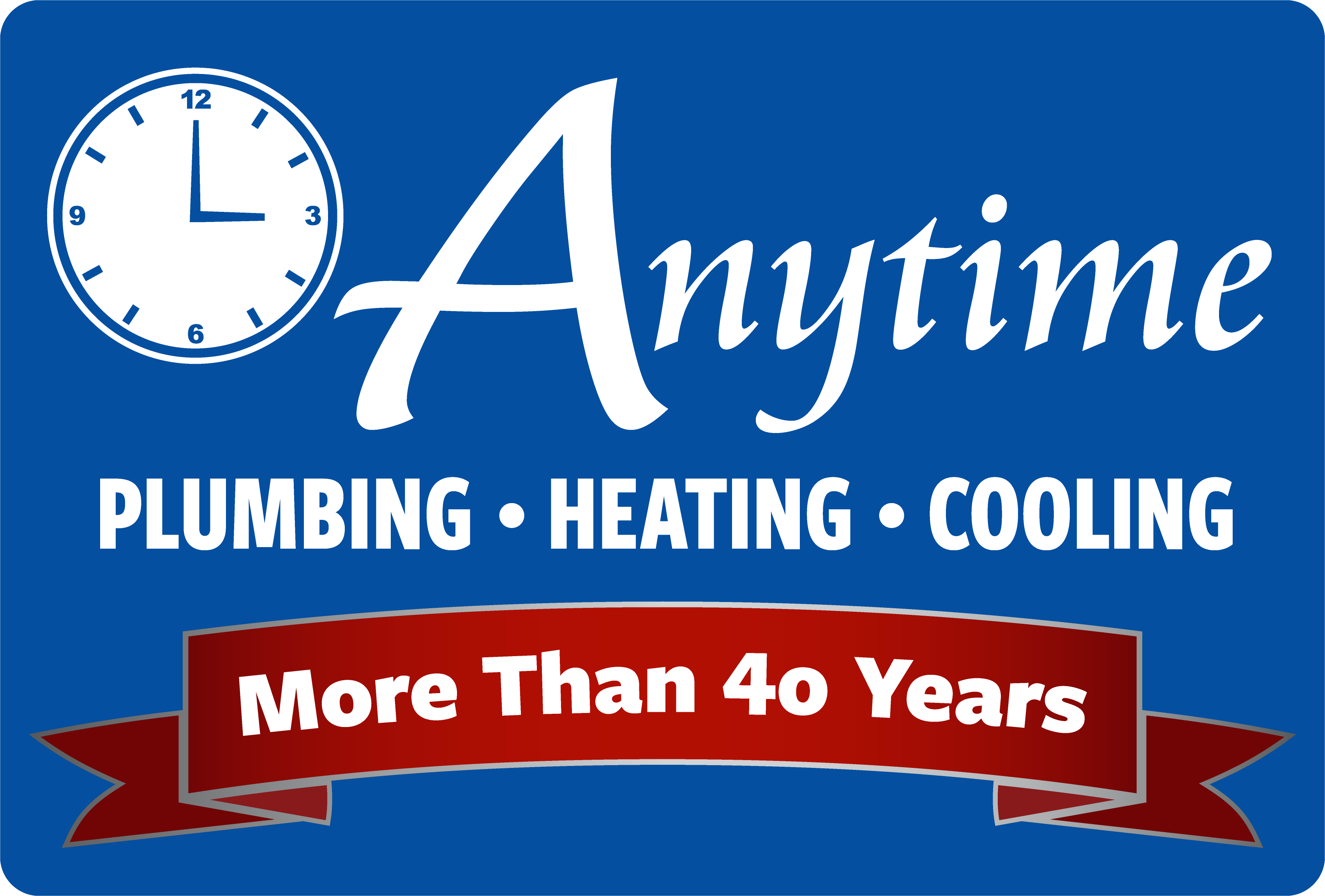Understanding the intricacies of a gas line replacement is essential for every homeowner. We’ve collected some of the most frequently asked questions to demystify the process of a gas leak repair and a new gas line installation.
Whether you're curious about the process or facing a gas line issue, our team has gathered the answers you need.

What Is The Purpose Of Your Gas Line?
The gas line in your home is a crucial component of your household's functionality. It's responsible for safely transporting natural gas or propane from the main supply to your appliances. These can include your home’s stove, oven, water heater, and furnace.
This pipeline ensures a steady and controlled flow of gas, enabling various domestic tasks, from cooking to heating. Regular maintenance and prompt repairs are vital to keep this system working efficiently and safely.
How Deep Is The Gas Line Buried?
The depth at which gas lines are buried can vary based on local regulations and the type of area (urban or rural). Generally, gas lines are buried at a minimum depth of 18 inches. However, in areas with heavy vehicular traffic or under paved surfaces, they may be deeper to ensure protection from external damages and to comply with safety standards. It's important to know the depth of excavation or landscaping projects to avoid accidental damage.
Signs Of A Problem With Your Gas Line
-
Unusual Smells: Natural gas is odorless, but for safety, a scent similar to rotten eggs is added to help detect leaks. If you notice this smell in your home, it could indicate a natural gas leak. Immediate action is necessary as gas leaks can be dangerous.
-
Hissing Sounds: A hissing or whistling sound near your gas line or gas appliances could indicate a gas leak. This sound occurs when gas escapes from a small hole or crack in the gas pipe.
-
Visible Damage to Gas Lines: Check your exposed gas pipes for any signs of damage, such as cracks or corrosion. Damage to the pipe can impede gas flow and lead to leaks.
-
Dead Vegetation On Your Property: If you notice plants dying or dead vegetation in the area where your underground utility lines are located, this could be a sign of a natural gas leak underground.
-
Appliance Issues: If your gas appliances are not functioning properly, then it could be due to an issue in the gas supply line. Some examples of this can include your stove displaying uneven cooking flames or your furnace producing no heat.
-
Higher Gas Bill: An unexplained increase in your gas bill might indicate a leak in your gas service line, leading to a loss of gas flow.
Who Is Responsible For Gas Line Repairs And Replacements?
Understanding who is responsible for gas line repairs is essential. Generally, the utility company handles issues up to the gas meter, including the main line. They ensure the supply line operates safely and efficiently, taking care of any necessary repairs.
The responsibility shifts to the homeowner from the meter onwards, covering all internal piping that supplies gas to appliances and heating systems.
This is where the expertise of professional plumbers is vital. Plumbers are trained to manage gas line issues with precision, understanding the materials, pressure requirements, and leak detection. Their role is critical in preventing hazardous situations, like gas leaks, which can lead to serious safety risks.
What Does A Gas Line Replacement Look Like?
A gas line replacement begins with a thorough inspection by a plumber to identify the problem. Techniques like pressure testing and electronic leak detection are used to find leaks or weak points. The gas supply is then shut off, and damaged pipes are replaced with more durable materials like high-density polyethylene or coated steel.
Installing a new gas pipeline involves digging trenches and laying the new pipes. This process not only addresses immediate issues like leaks but also improves the system's safety and longevity.
Regular maintenance and prompt repairs by professionals can ensure a secure and efficient gas line. Safeguard your home and family from gas leaks by having a reliable plumber inspect them.
Gas Line Repairs And Replacements With Anytime Plumbing, Heating & Cooling
If you’re looking to have your gas line inspected for a potential leak, look no further than the team with Anytime Plumbing, Heating & Cooling. We will thoroughly inspect your gas lines with state-of-the-art equipment. If we detect deteriorating sections of pipe or a leak, we will let you know immediately and offer efficient gas line replacement options.
Call us at (725) 234-2600 to schedule your appointment now.



